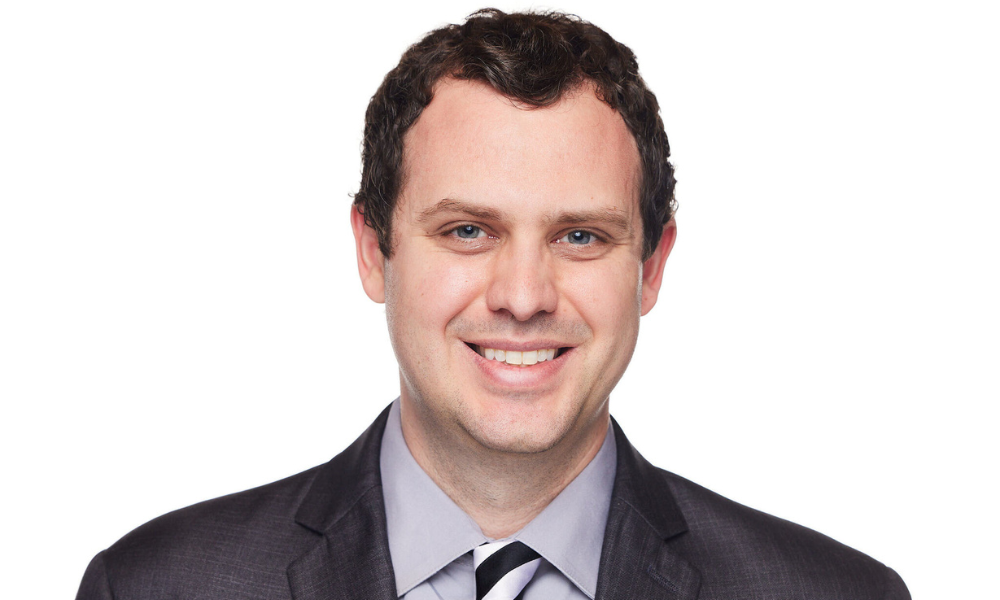The engineer faces a maximum penalty of 10 years in jail

A Chinese software engineer working for Alphabet Inc.’s Google was charged by the US Justice Department with stealing trade secrets for developing artificial intelligence from the company’s supercomputing data centers.
Linwei Ding, 38, a Chinese national and resident of Newark, California, who was hired by Google in 2019, has been charged with four counts of trade secrets theft, the Justice Department said in a statement Wednesday.
“We allege the defendant stole artificial intelligence-related trade secrets from Google while secretly working for two companies based in China,” Attorney General Merrick Garland said in a statement. “We will fiercely protect sensitive technologies developed in America from falling into the hands of those who should not have them.”
Most Read
A Google spokesperson said Ding acted alone and that the company was able to act quickly and refer the case to law enforcement after discovering the problem.
“We have strict safeguards to prevent the theft of our confidential commercial information and trade secrets,” Google spokesperson José Castañeda said in an emailed statement. “We are grateful to the FBI for helping protect our information and will continue cooperating with them closely.”
Ding, also known as Leon Ding, allegedly transferred sensitive information from Google’s network to his personal email and cloud accounts while secretly affiliating himself with two China-based companies working in the AI industry, according to the Justice Department.
Ding allegedly helped form one of the unidentified companies. He did not disclose his connection to either company to Google. The Justice Department doesn’t allege that Ding provided either of the companies with specific data he stole from Google.
The case marks the first significant enforcement action since Deputy Attorney General Lisa Monaco announced last month that the Justice Department’s disruptive technology strike force would focus on violations related to the use or transfer of AI technology.
“After all, AI is the ultimate disruptive technology,” Monaco said during comments at the University of Oxford.
IP theft
The US Attorney’s office in San Francisco has in recent years prosecuted multiple cases over intellectual property theft involving China, including three ex-Apple engineers accused of stealing trade secrets from the company’s autonomous driving project to take with them for jobs with Chinese companies.
But not all the office’s efforts have been successful. Just last month, a Chinese chipmaker targeted in a rare economic espionage case was found not guilty of all charges, ending a five-year pursuit by prosecutors.
Ding was arrested Wednesday in Newark. He faces a maximum penalty of 10 years in prison and a fine of as much as US$250,000 for each count if convicted.
The technology Ding allegedly stole “involves the building blocks of Google’s advanced supercomputing data centers, which are designed to support machine learning workloads used to train and host large AI models,” according to the Justice Department release.
While he was employed by Google, Ding had access to confidential information about hardware, software and the AI models and applications they supported, some of which he is alleged to have uploaded into personal accounts.
Copyright Bloomberg News










